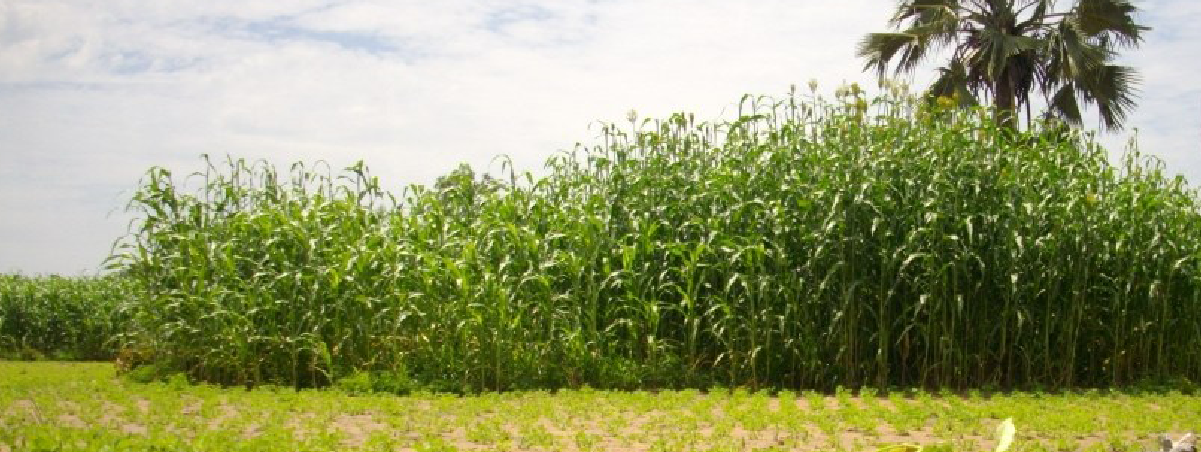South Sudan, the World Bank, and the Food and Agriculture Organization of the United Nations (FAO) said on Tuesday that they have stepped up efforts to build farmers’ climate resilience amid flooding and other disaster risks.
A significant $30 million grant from the World Bank’s International Development Association aims to support sustainable agricultural practices, agroforestry, and natural resource management for farmers, fisherfolks, and livestock herders.
This initiative will introduce climate-smart technologies to boost agricultural production, such as rainfed rice cultivation in flood-prone areas, and will also reduce deforestation through the adoption of fuel-efficient ovens. Moreover, the livestock sector will benefit from improved surveillance, reporting, and diagnostics to enhance animal health, while the fisheries sector will receive post-harvest support for processing and handling. Disaster risk management equipment will also be provided to facilitate early warning systems.
Over the next three years, this project aims to reach more than 140,000 households, including over 98,000 affected by floods, 40,000 returnees, and 5,000 refugees. The project will be jointly implemented by FAO and the Ministry of Agriculture and Food Security, with a hybrid approach that gradually builds national capacity for project management. Additionally, seeds, pesticides, fertilizers, and other essential agricultural inputs will be provided to mitigate the adverse effects of climate variability and ensure sufficient crop harvests.
According to FAO, the project will be implemented by the FAO and the South Sudanese Ministry of Agriculture and Food Security in a hybrid implementation arrangement that gradually builds national capacity for project management.



Comment here